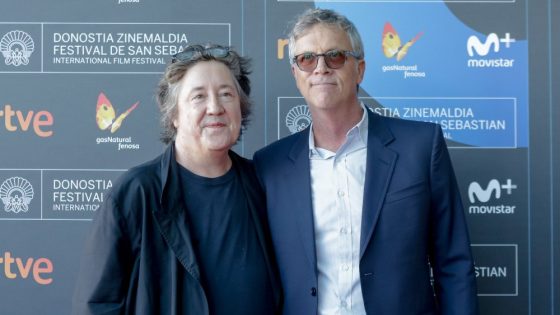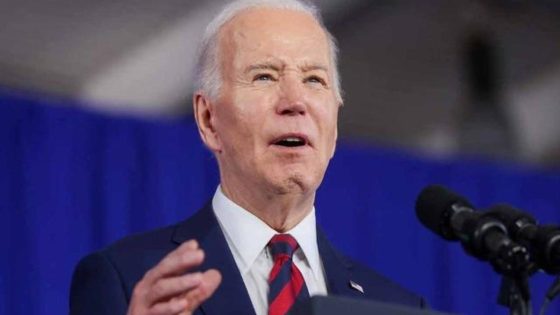While at the Creative Investors Conference at the San Sebastián International Film Festival, Killer Films producer Christine Vachon addressed the controversy involving Joaquin Phoenix’s last-minute exit from the latest project by “May December” director Todd Haynes.
“The truth is, pretty much what happened is out there for all of you to read. I don’t know much more than that. I’d gossip if I had anything to gossip about, but I don’t. It was tragic,” she said when asked about what happened with the project.
“In a lot of ways, the most tragic part about it is that Todd Haynes is 62. He’s not old, right? But there is a finite number of films that he’ll be able to do in his lifetime. I consider him one of the most extraordinary film artists of his generation, and the idea that his time was wasted and that a movie is not a result of those years of working closely with Joaquin… That is the tragedy to me. And that I can’t get over, that we as a cultural community, lost the opportunity to have another movie by Todd Haynes. That is just criminal.”
Vachon touched back on the controversy later in the conversation when speaking about the current temperature of the American feature marketplace and studios’ reticence to take risks on projects not seen as “commercial.”
“One of the other tragedies of the Phoenix project is that we did have fantastic partners who were willing to take risks with us. Some of them are here and now chasing me with a crowbar [laughs]. When something like that happens, it sends a shockwave through the industry. If a company like Killer, a star like Joaquin, a filmmaker like Todd, if that fell at the finish line, then how do we take a risk on the first-time filmmaker or the actor who’s still up and coming?”
The producer touched upon another Haynes project when talking about how it’s becoming increasingly expensive to produce films in the US. “We shot ‘May December’ in 22 days, and that was kind of insane. Todd hasn’t shot something in that short of time in years and years so we made sure that we knew what every single day looked like. There is a way to do it, and it was a very invigorating and liberating thing to do. I don’t want to say there’s freedom in shooting for less money because that is identifying with the oppressor, but I think we had to adapt and pivot.”
In Spain for the San Sebastian Film Festival, the producer was asked about the possibility of shooting more Killer Films projects in Europe, following in the footsteps of recent American productions like Brady Corbet’s “The Brutalist,” shot in Budapest. “At a certain point of the strike, I was getting a GoFundMe a week. So, saying, ‘Yeah, we managed to make this movie happen, but it’s not gonna happen anywhere you can work on it,’ is terrible. We shoot a lot in New York, but the tax credit is untenable. It takes us five years to get [the money] back.”
“COVID wasn’t nearly as bad as the strikes,” she said, changing gears. “We worked during COVID. We were shooting the Halston mini-series for Netflix when COVID happened, and in October 2020, we were back shooting again. I mean, it wasn’t fun, but we did it. The strike was something else. It went on for a lot longer than anybody thought, and it allowed the studios to divest themselves of deals. A lot of young writers and directors who were getting their first deals got scuttled, and I don’t know if they will ever truly recover. Are we recovering? I feel like I’m a little too in it to know.”
Commenting on finally getting a Best Picture Oscar nomination for Celine Song’s “Past Lives” after almost three decades in the industry and a career that includes films such as “Far From Heaven,” “Boys Don’t Cry” and “Carol,” Vachon said she was “thrilled.”
“I was not at all cynical about it. There were people in my orbit who were a little bit [cynical], and I was just like, ‘Are you kidding? I’m gonna go to everything.’ And I did! I’ve also been doing this long enough to know that great movies don’t always get honored, and I can’t be simple about it.”
As for her motivation to continue championing independent filmmaking in an industry that at times feels deeply adverse to new voices, the veteran producer says she is still greatly excited by films, and that is what keeps her going.
“I just assume there’s a whole extraordinary amount of content creation that’s happening right alongside me. The younger folks are seeing it; they’re participating in it; they’re doing it; they’re passing it around from each other to each other. Why is that not as good as when I started out and it was Todd Haynes and Gregg Araki and Bette Gordon?”
Source Agencies



